Handwriting practice Letter Recognition Worksheets
40 filtered results
-
From - To
Explore our Handwriting Practice Letter Recognition Worksheets designed to support young learners in developing essential handwriting and letter recognition skills. These engaging worksheets provide a perfect blend of fun and education, guiding children through various activities to reinforce their understanding of the alphabet. From tracing letters to identifying them in different contexts, these resources foster fine motor skills while enhancing literacy foundations. Ideal for preschool and early grade students, our worksheets cater to different learning styles and abilities. Whether at home or in the classroom, these printables are invaluable tools for promoting confidence and proficiency in writing and recognizing letters!


Letter E Coloring Sheet
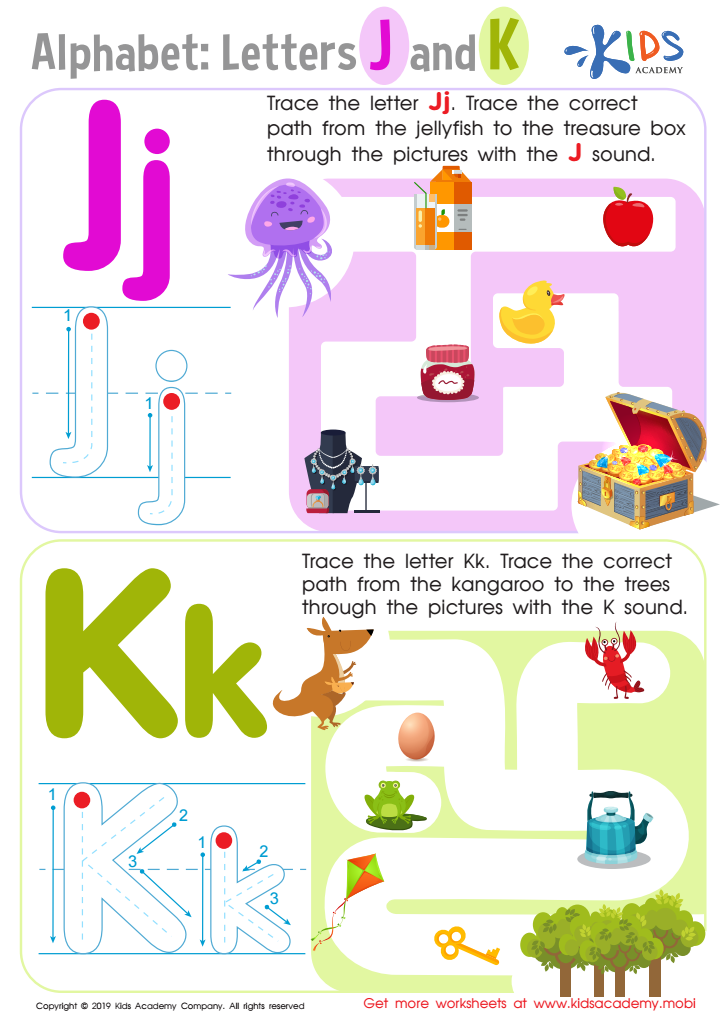

Letters J and K Tracing Worksheet
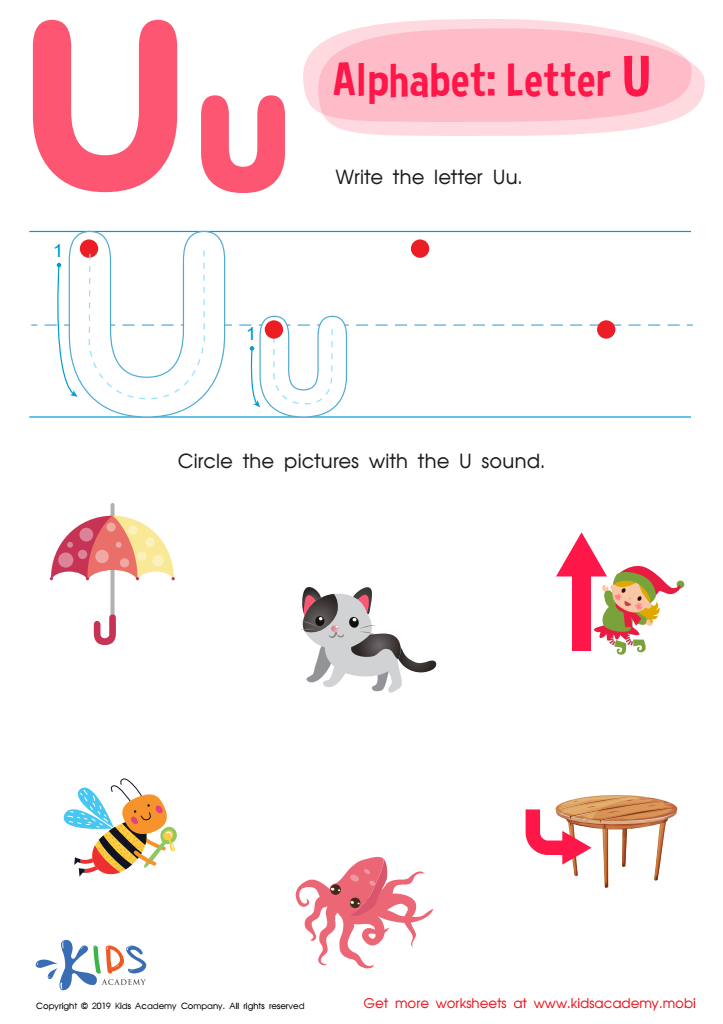

Letter U Tracing Worksheet


Letter R Tracing Page


Letter X Tracing Page
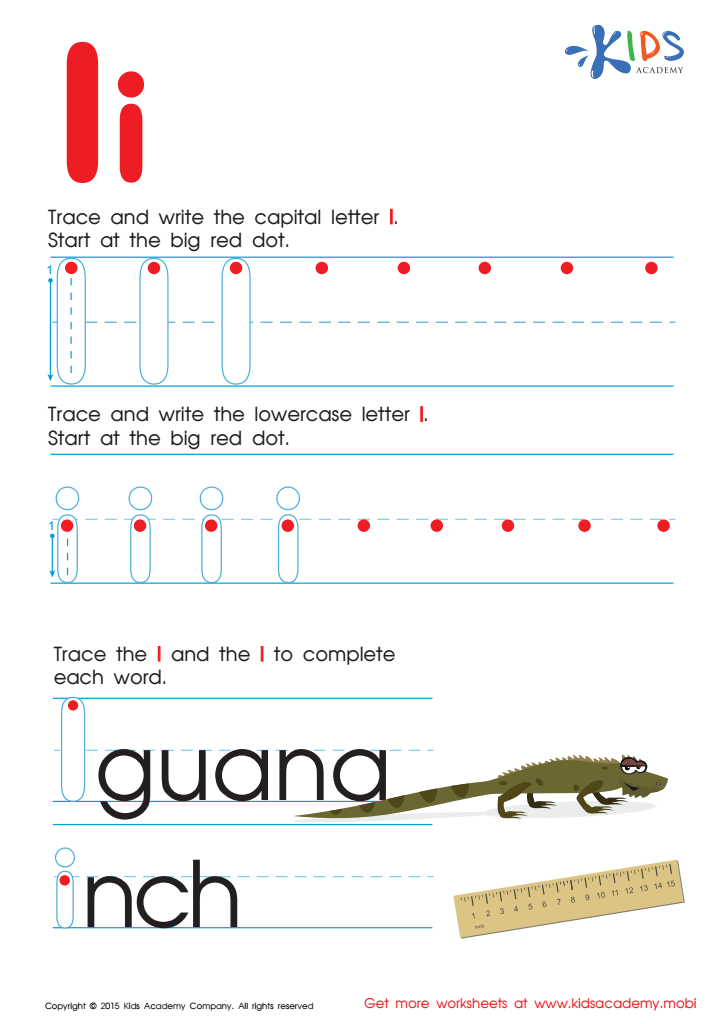

Letter I Tracing Page
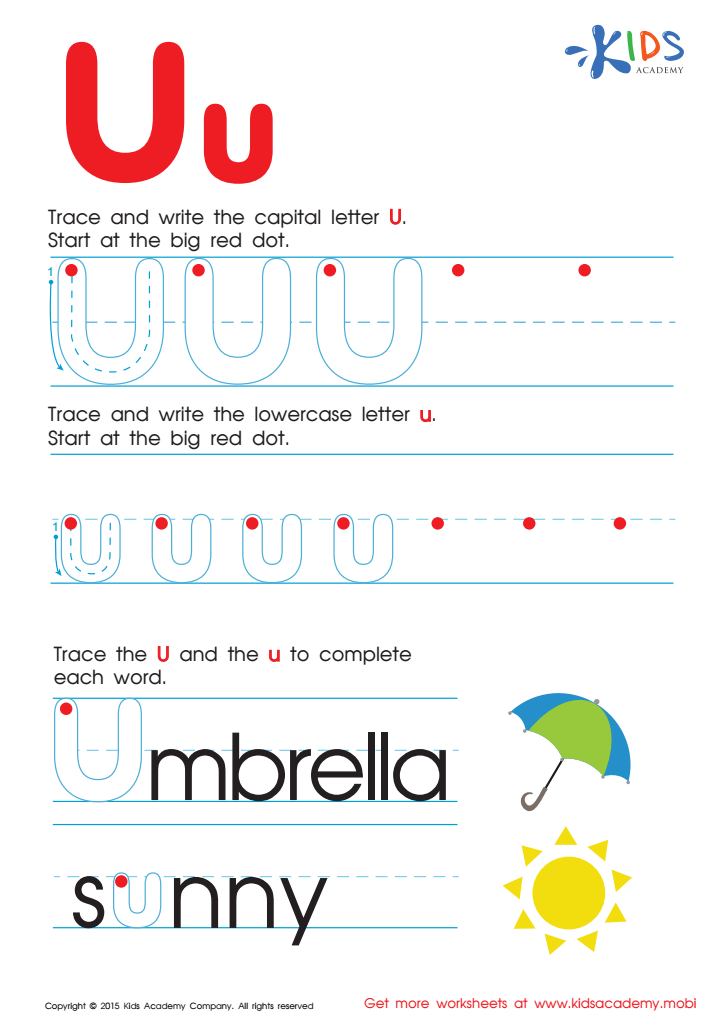

Letter U Tracing Page
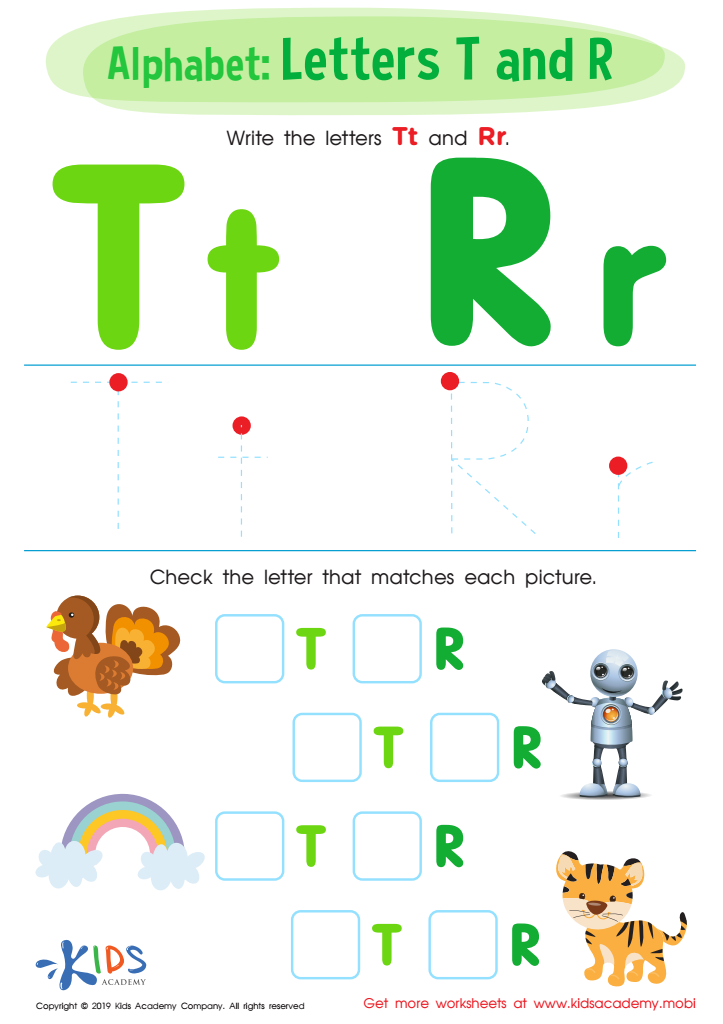

Letters T and R Worksheet
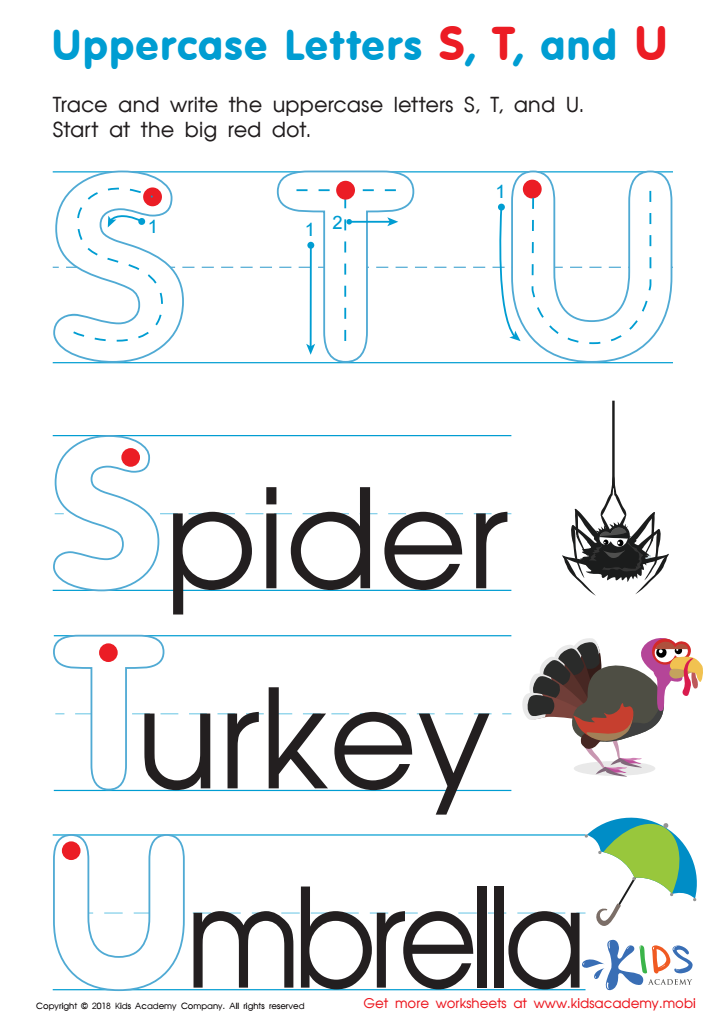

Uppercase Letters S, T, and U Worksheet
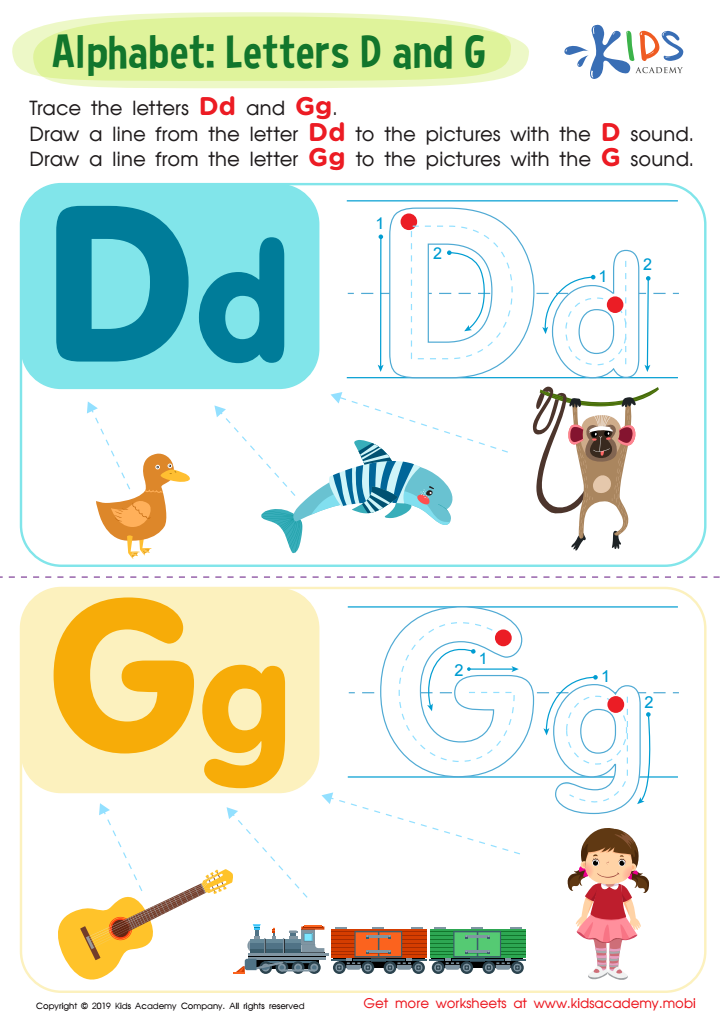

Letter D and G Tracing Worksheet
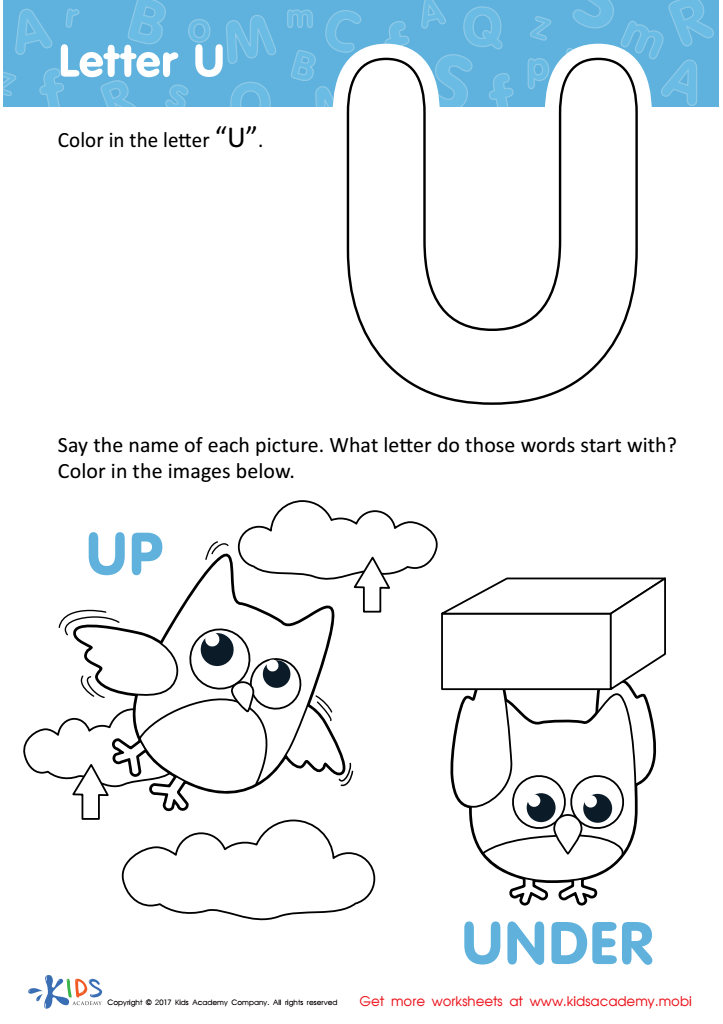

Letter U Coloring Sheet
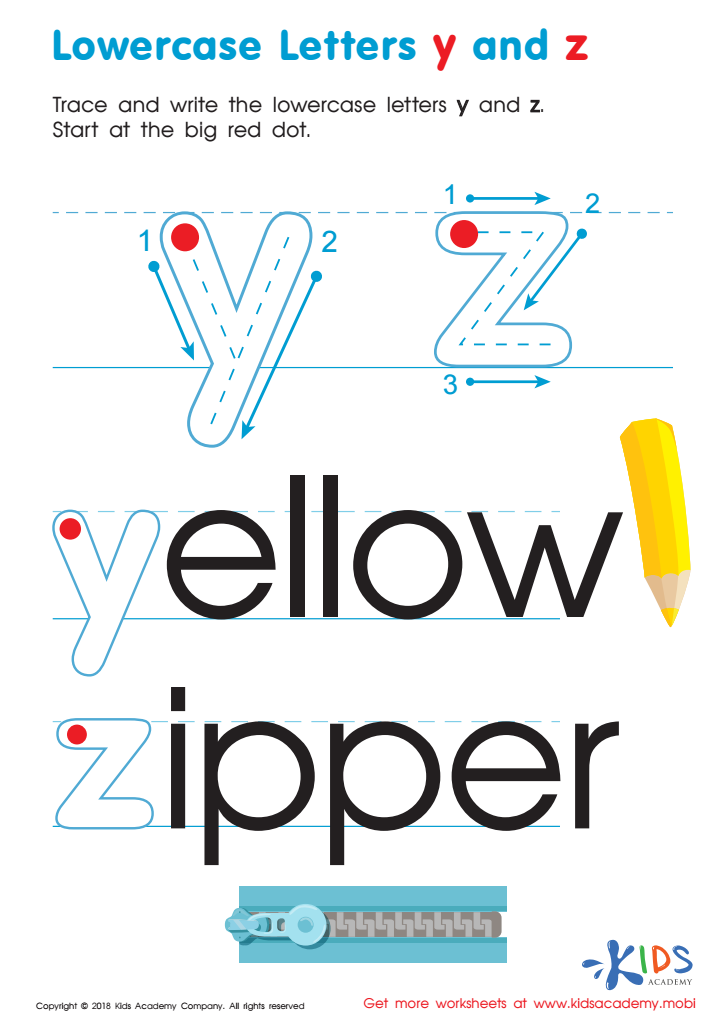

Lowercase Letters y z Worksheet
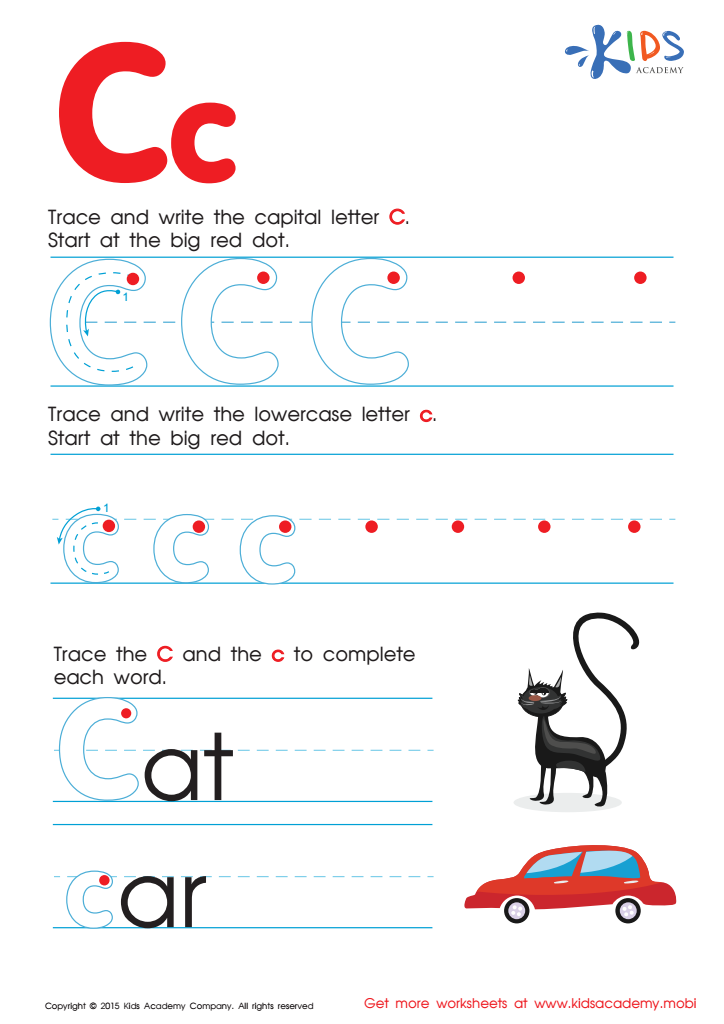

Letter C Tracing Page
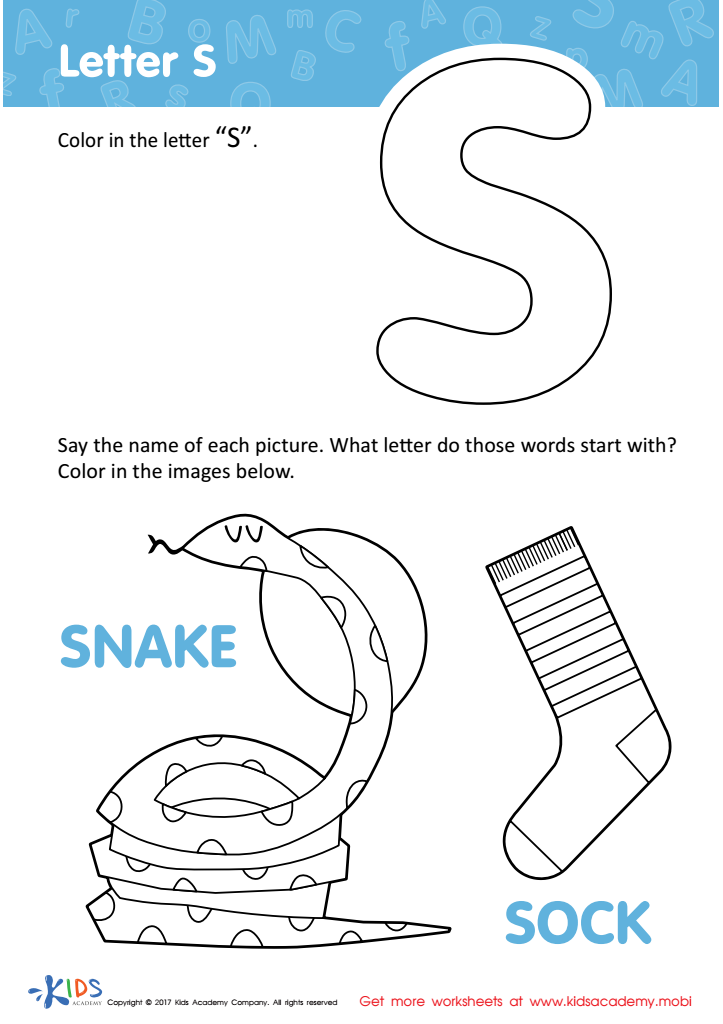

Letter S Coloring Sheet
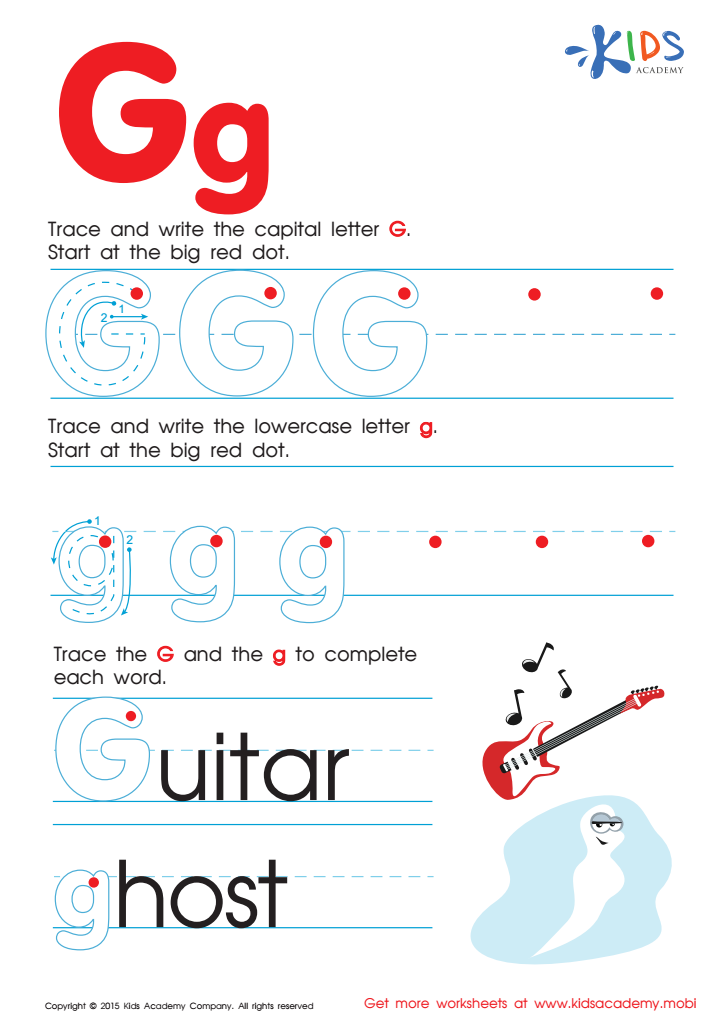

Letter G Tracing Page
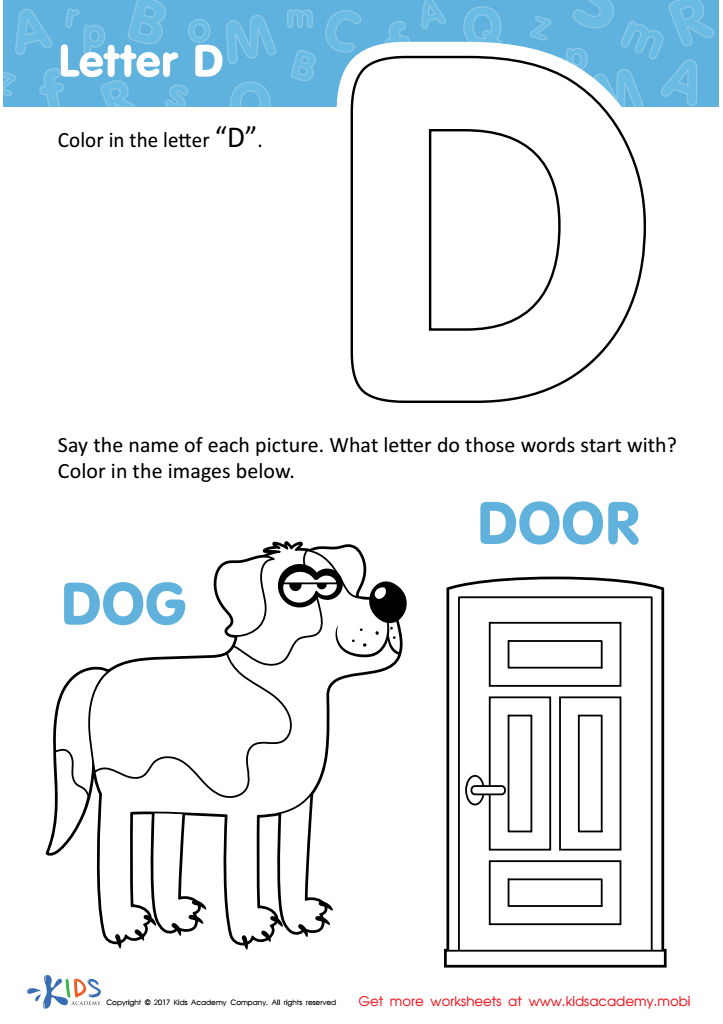

Letter D Coloring Sheet
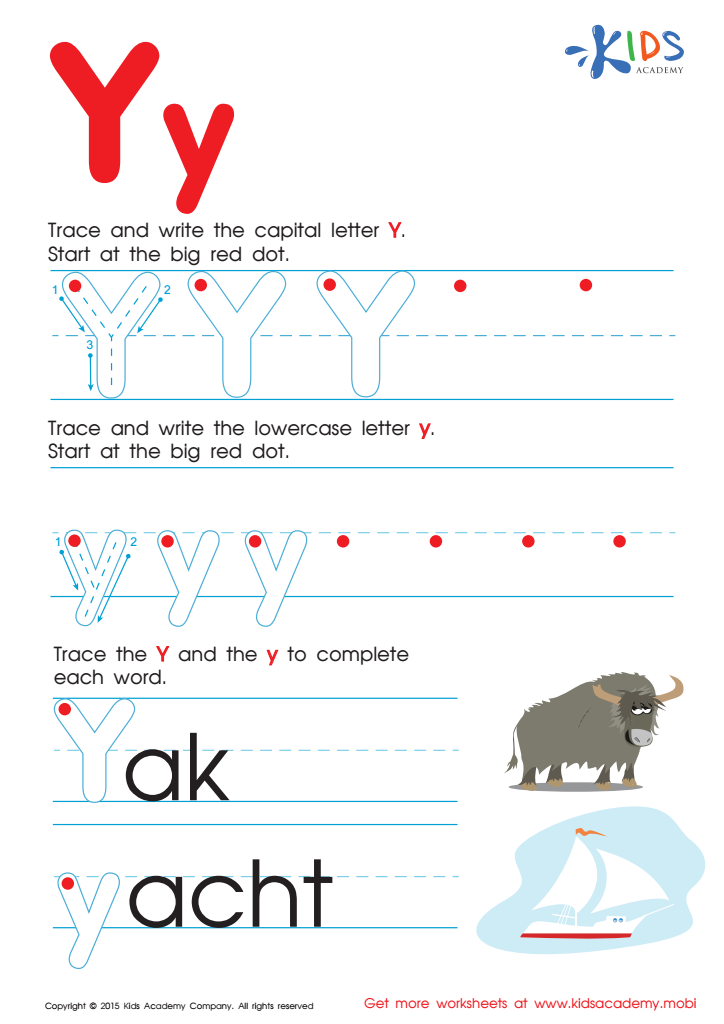

Letter Y Tracing Page
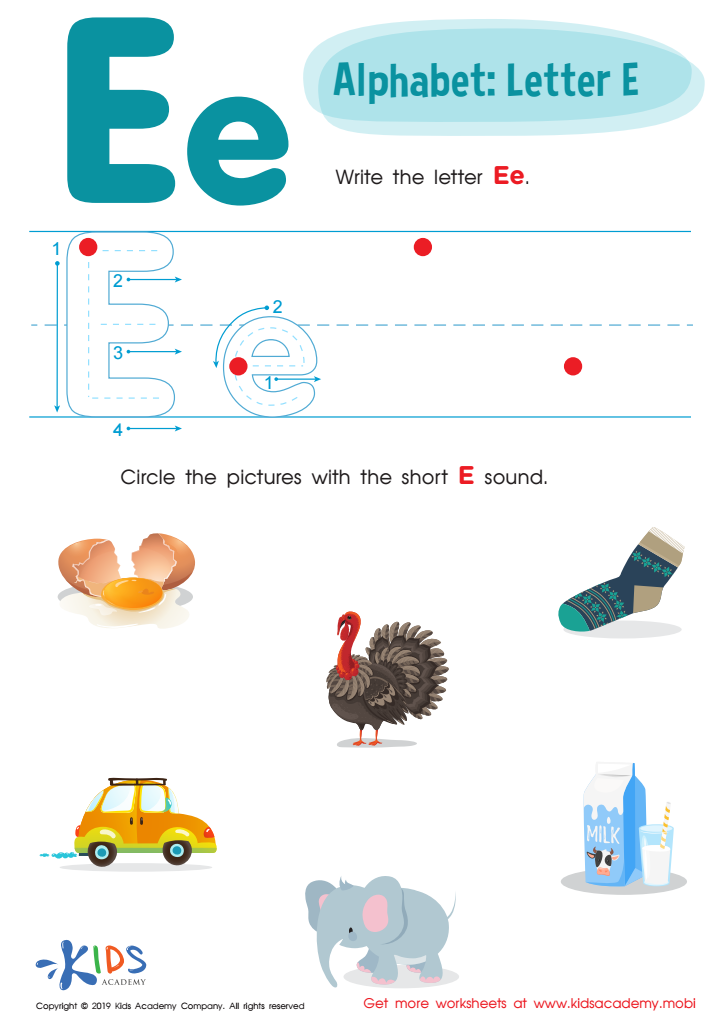

Letter E Tracing Worksheet
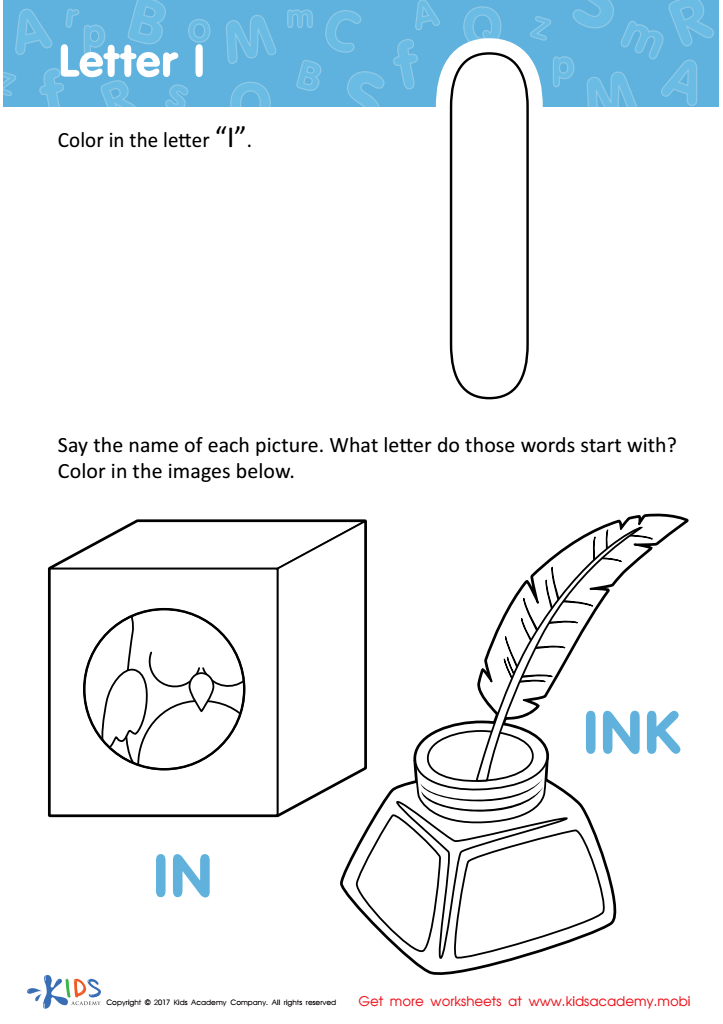

Letter I Coloring Sheet
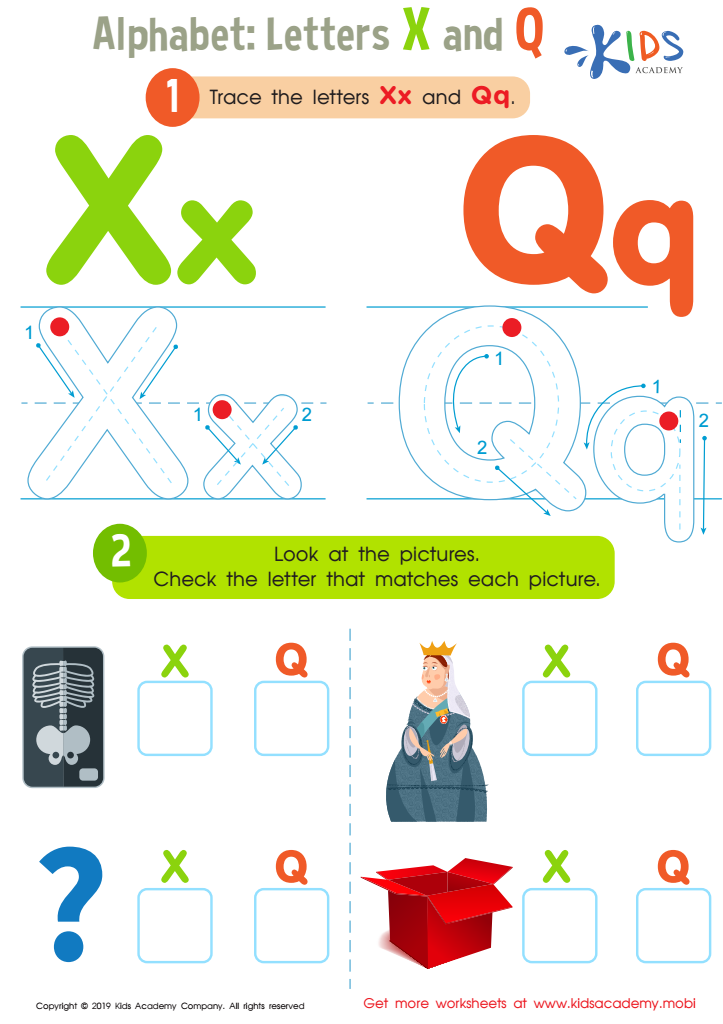

Letters X and Q Tracing Worksheet
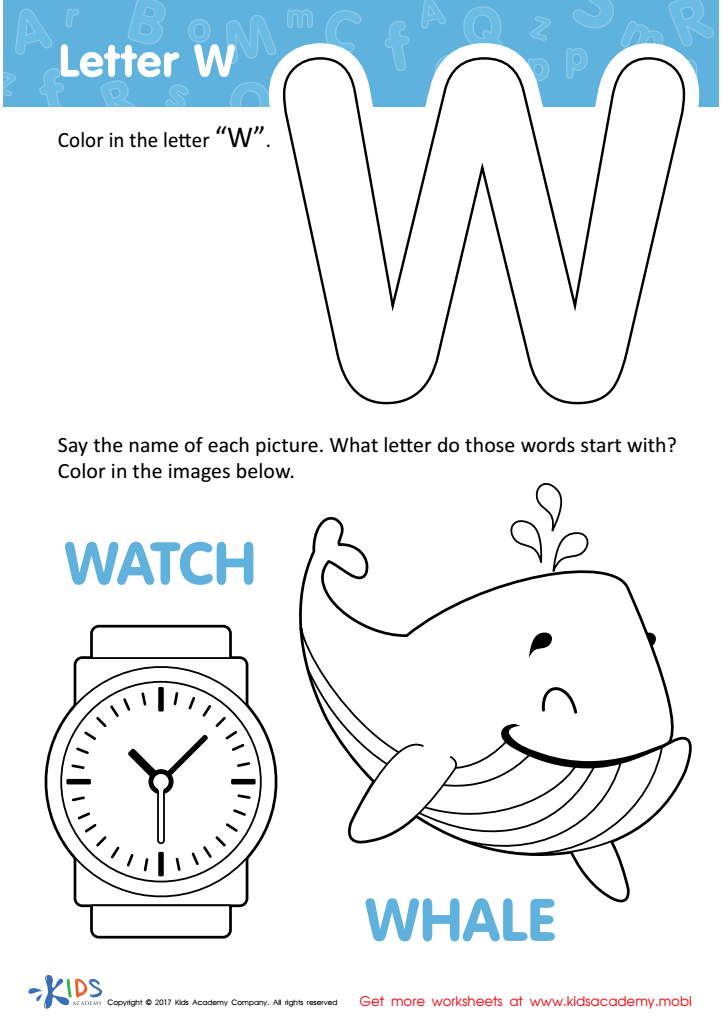

Letter W Coloring Sheet
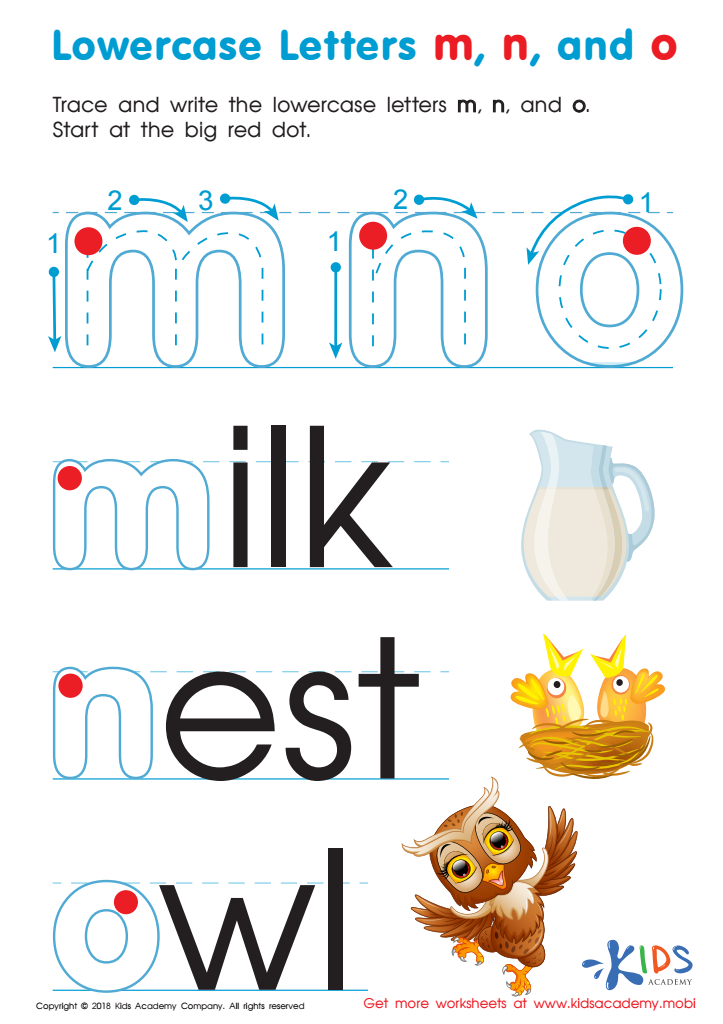

Lowercase Letters m n o Worksheet
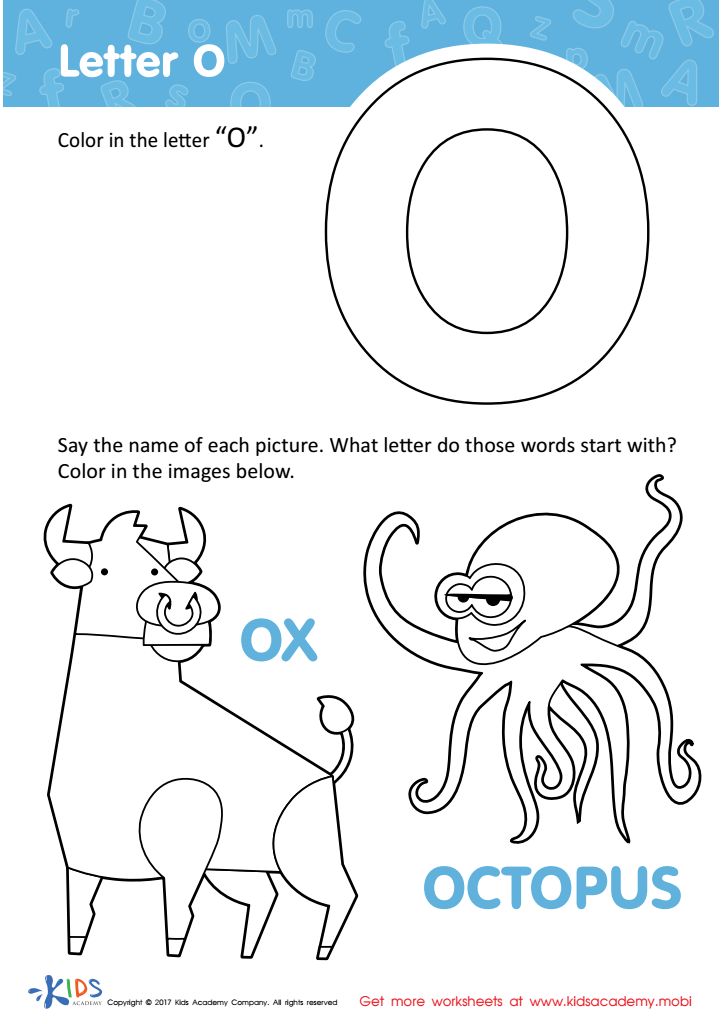

Letter O Coloring Sheet
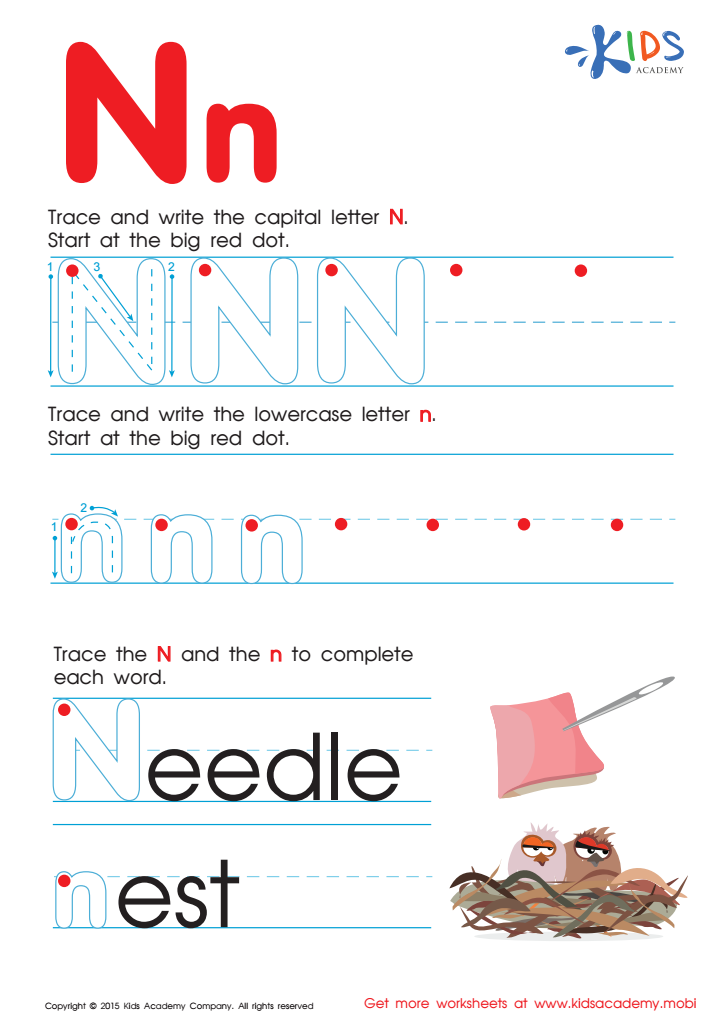

Letter N Tracing Page
Handwriting practice and letter recognition are essential skills for early childhood development and literacy. For parents and teachers, fostering these skills is critical for several reasons.
Firstly, handwriting practice helps children develop fine motor skills, which are crucial for tasks beyond writing, impacting their overall dexterity and coordination. This hands-on experience with forming letters reinforces visual memory and promotes cognitive development.
Secondly, letter recognition forms the foundation for reading and writing. By identifying letters, children can decode words and make connections between sounds and symbols. This skill boosts their confidence in literacy, making them more enthusiastic about reading and learning.
Handwriting also encourages cognitive engagement. The act of writing reinforces memory through muscle memory, allowing children to retain and understand the shapes and sounds of letters more effectively.
Furthermore, consistent handwriting practice can enhance academic performance. Many educational standards emphasize the ability to communicate effectively through legible written work, making it imperative for students to hone these skills.
Lastly, children often find satisfaction in seeing their handwriting improve, which fosters a positive attitude towards learning and self-expression. By emphasizing handwriting practice and letter recognition, parents and teachers set the stage for lifelong literacy and learning success.

 Assign to My Students
Assign to My Students






















